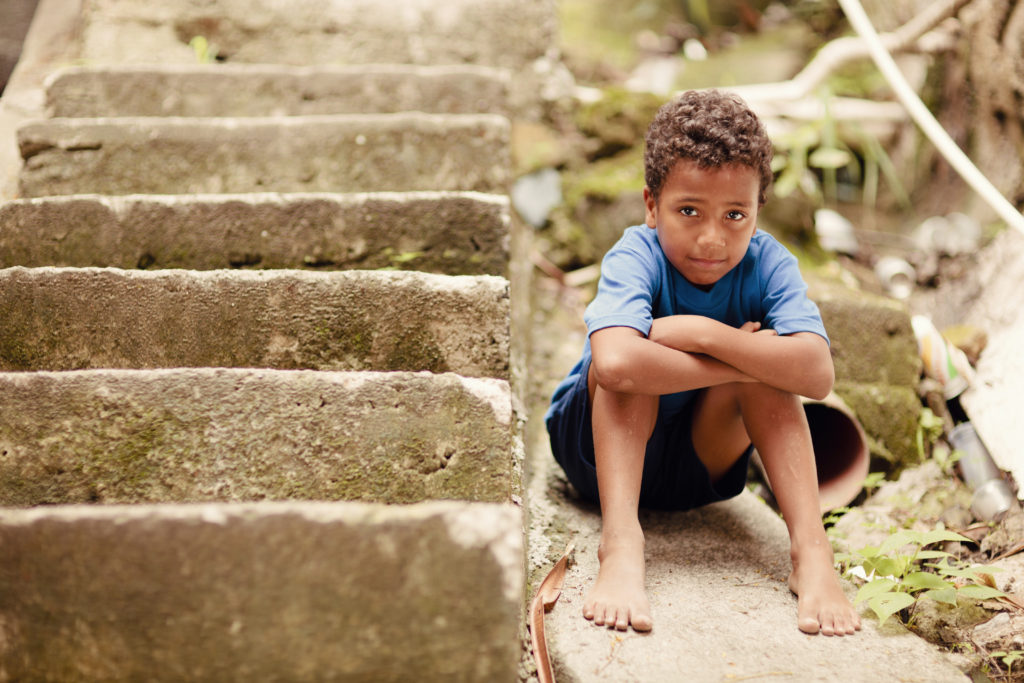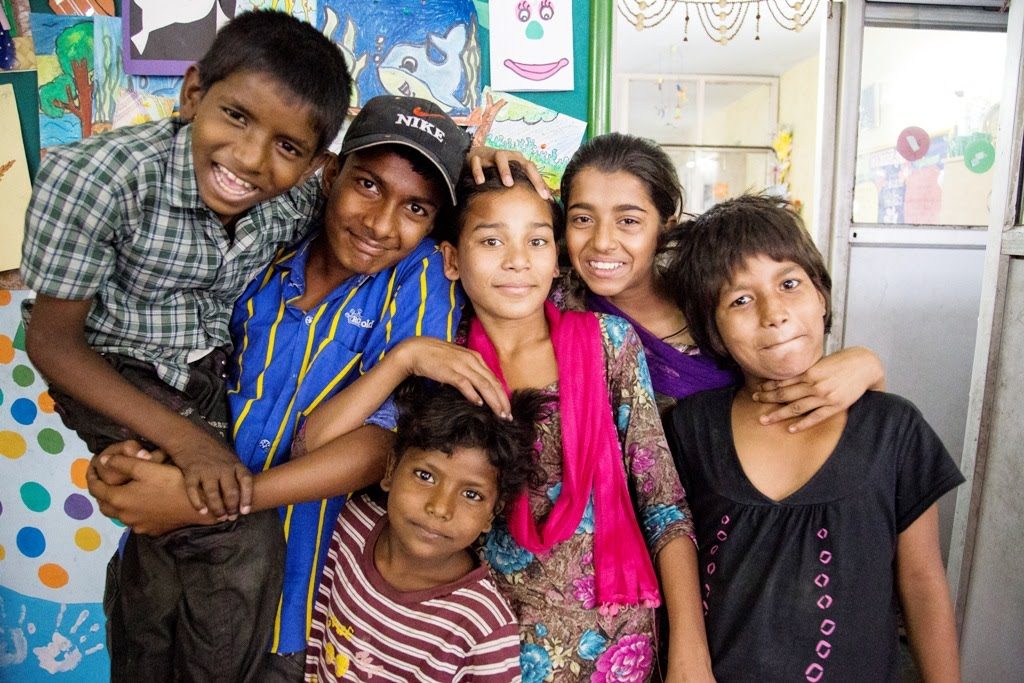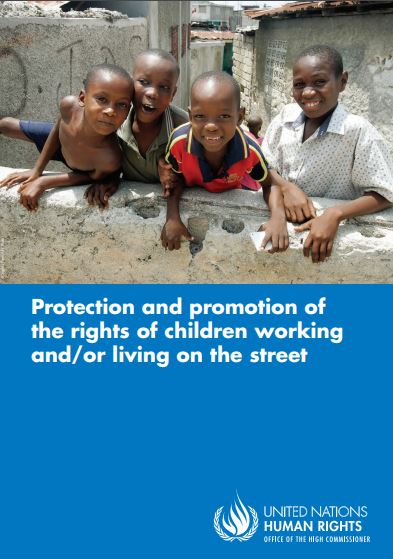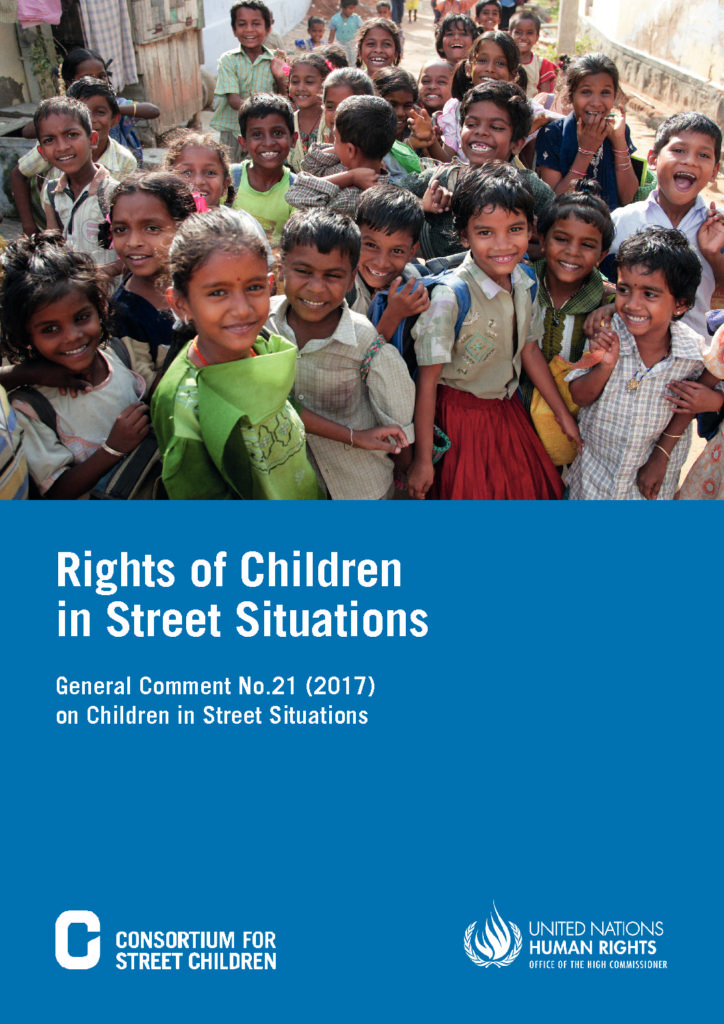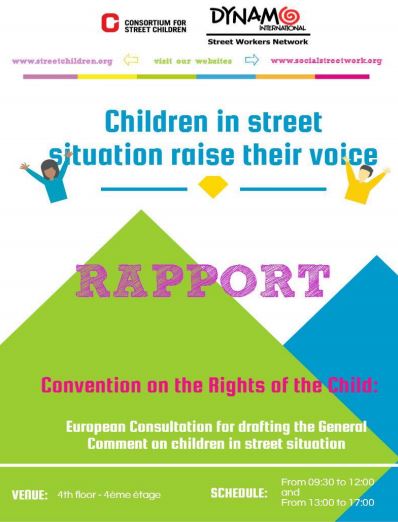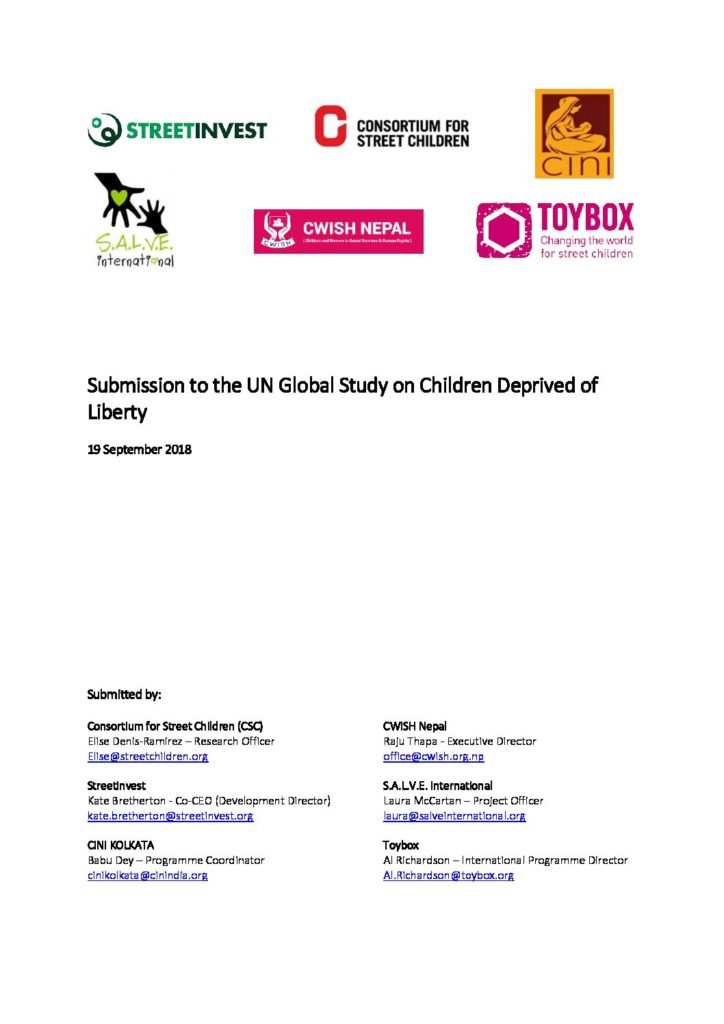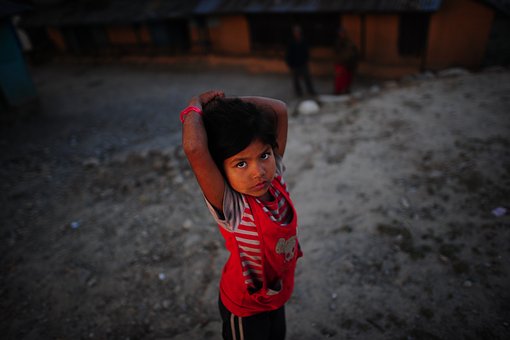Research
Ensuring decision makers have the right information to make plans benefiting street children
Why we need research about street children
At CSC, we believe that street children’s views and voices should be included in any laws, policies, or decisions that will impact on their lives. Such participation is not possible if policy makers have no information on street children.
One problem is that no one knows, even roughly, how many street children there are in the world. Outdated and unreliable estimates are frequently referred to, but these often have no basis in reliable research.
As one of the world’s most marginalised population groups, street children are almost completely excluded from the data that is used by policy makers, donors and practitioners to make decisions and plan interventions. This results in them being left behind by development programmes.
For example, if street children are not counted when vaccination campaigns are being planned, they will also not be reached when the vaccines are being delivered, leaving them – and as a result other children – vulnerable to disease.
Another example would be if interventions to get children into school do not consider children working on the street, they will never be able to access education. For many street children a lack of official identity documents prevents them from accessing education and health care.
Street children – invisible populations
Street children are one of the most hidden and invisible populations in the world. This is because so far governments mainly collect information through censuses or household surveys and these typically do not include children who do not live in traditional households. This lack of inclusive research methods means that street children are at risk of being excluded when the UN, governments and other institutions and organisations develop their strategies and policies based on flawed data.
Why are street children not included in standard data collection?
There are several reasons why it’s difficult to gather reliable data on street children. These include:
- Typical national data collection mechanisms, such as household surveys and censuses, are not adapted to capture this lifestyle and include street children.
- Street children lead a mobile and transient lifestyle, which means that they often don’t ‘stay put’ in one place for long, making it difficult to study their lives in a meaningful way.
- At times children themselves are suspicious of adults, preferring to ‘stay under the radar’ as they fear discrimination and reprisals if authorities (the police, government) have accurate information about their lives.
This is why CSC is collaborating with key institutions such as UNICEF and leading academics to explore developing more inclusive research methods.
How CSC is working on strengthening the research about street children
CSC gathers, shares, and promotes the use of reliable research about street children in the following ways:
- Continuing to grow our online Resource Library with data, evidence and knowledge about street children.
- Identifying needs for new research about street children to drive and accelerate action, in partnership with our Research Forum and research institutions.
- Developing methodologies to ensure street children are included in data collection and the measurement of progress towards realising their rights.
- Strengthening our network’s capability and expertise in research through training and by connecting our practitioner network members with our Research Forum.
CSC Research Forum
The Consortium for Street Children’s outstanding Research Forum consists of academics, independent researchers and representatives from civil society organisations. The Research Forum members bring academic and professional expertise to guide CSC’s collective research priorities and work. The Research Forum provides a platform for the experts to share existing research, resources and approaches as well as to create a link between academic research and network members’ work on the ground.
Through connecting our network members with the Research Forum we empower those working on the ground, while at the same time listening to their experiences which in turn inform our research.
Below are some examples of CSC’s current projects and accomplishments:
Signing up to the Inclusive Data Charter
CSC became an Inclusive Data Charter (IDC) Champion in November 2019. The IDC was developed to support the global commitment made under the 2030 Agenda for Sustainable Development to ‘leave no one behind’, by promoting the collection and use of disaggregated and inclusive data. Signing the Inclusive Data Charter and working alongside other champions will strengthen our call for disaggregated and inclusive data and will enable us to share strategies and best practices for how this can be achieved.
UN OHCHR Study on the Protection and Promotion of the Rights of Children Working and/or Living on the Street
In 2011, the UN Human Rights Council in resolution 16/12 invited the UN Office of the High Commissioner for Human Rights to conduct a study on the challenges, lessons learned and best practices in protecting and promoting the rights of children working and/or living on the street. CSC worked closely with the UN in collecting evidence for this study. For this purpose, CSC organised a consultation with street children in order to ensure their views and voices fed directly into this study.
Shaping the UN General Comment No. 21 on Children in Street Situations
In 2017, we worked with the United Nations to publish clear guidelines on what needs to be done to protect street children, the UN General Comment on Children in Street Situations. This document was directly shaped by evidence from international consultations we coordinated with our network members and local NGOs hearing stories, views and opinions from over 1,000 street children from Africa, Central & South America, India & Europe. These consultations allowed evidence and information on the realities of the children who would be most affected by the General Comment to shape its content and recommendations to governments.
CSC is in the process of developing a set of indicators that will support governments, institutions and organisations to measure progress towards the realisation of street children’s rights as set out in the UN General Comment.
Contributing to the UN Global Study on Children Deprived of Liberty
In 2018, the Consortium for Street Children coordinated and led a joint submission of evidence to the UN Global Study on Children Deprived of Liberty to ensure that street-connected children’s unique experiences of being deprived of their liberty through police round ups, arbitrary arrests and institutionalisation are included in this study.
The study is commissioned by the UN Secretary-General, led by the independent expert Professor Manfred Nowak and carried out in close cooperation with governments, civil society organizations and various UN agencies. It seeks to bridge the data gap on the unknown number of children deprived of liberty worldwide, raise awareness about the risks of deprivation of liberty as well as develop recommendations for law, policy and practices. The Global Study was presented to the UN General Assembly on the 8th October 2019.
Tackling the drivers of child labour: A child-centred approach
CSC is part of a consortium led by the Institute of Development Studies, to carry out an action research project together with Terre des Hommes, Child Hope and the Ethical Trade Initiative. Through participatory action research in Bangladesh, Nepal and Myanmar, the project aims to build a strong evidence base and generate innovative solutions to tackle the causes of the worst forms of child labour. CSC is ensuring that street children are included at every stage of the project.
Partnership with the Royal Statistical Society
In 2019, CSC asked the Royal Statistical Society (RSS) for support to help us and our partners to better understand the strengths and weaknesses of the various methods used to count and estimate numbers of street children. RSS matched us with Dr Sarah Barry, Chancellor’s Fellow in the Department of Mathematics and Statistics at the University of Strathclyde in Glasgow. Sarah produced a report which concisely reviews four existing methods of counting and sampling street children. The report has helped to inform CSC’s work with UNICEF and other partners that aims to develop a single approach to be used around the world. Sarah is continuing to provide CSC with support by looking into the development of a statistical model to be used to estimate numbers of street-connected children where counts are unavailable.


